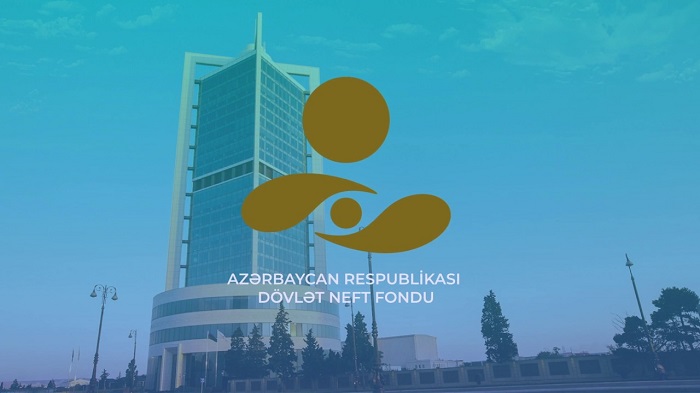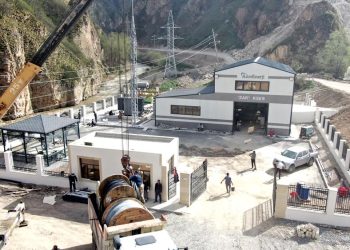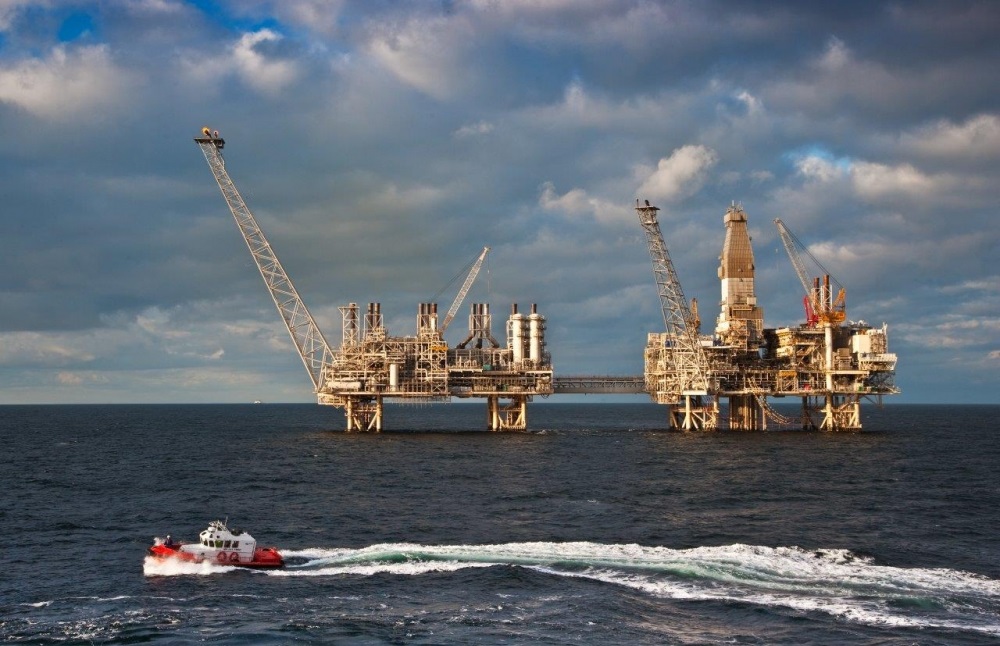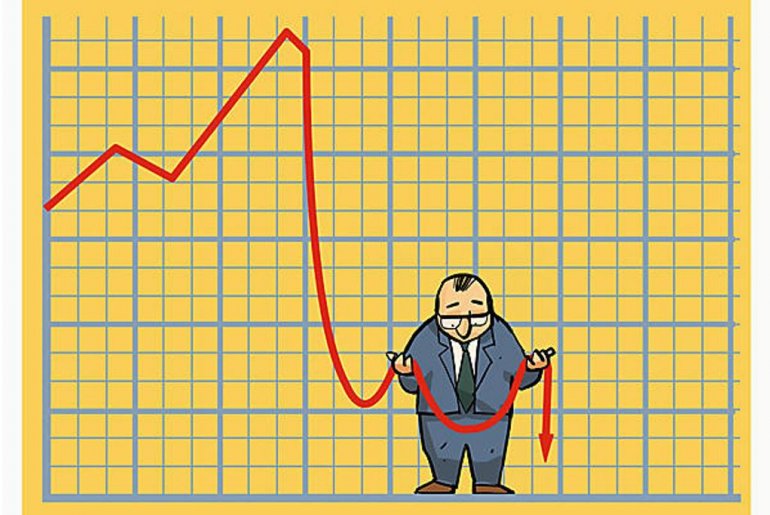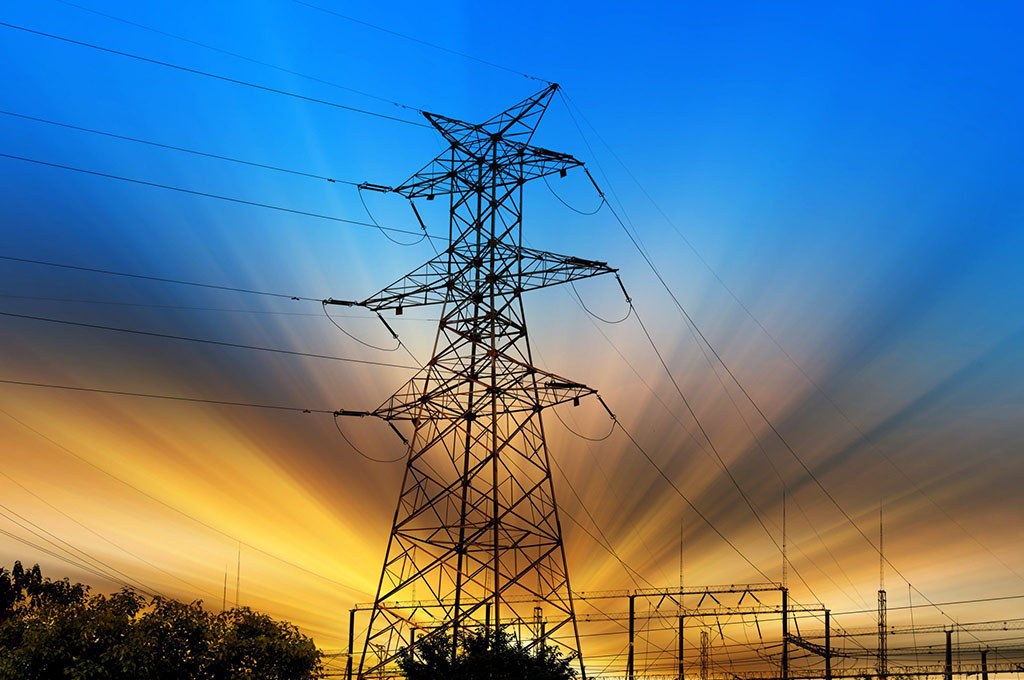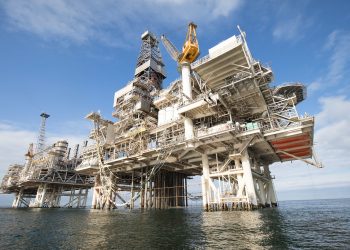 France’s Total on Monday said its joint venture with Russia’s Lukoil, to explore shale oil in western Siberia, had ground to a halt as a result of western sanctions.
France’s Total on Monday said its joint venture with Russia’s Lukoil, to explore shale oil in western Siberia, had ground to a halt as a result of western sanctions.
The comments by , Total’s chief executive, are the clearest sign that the latest round of sanctions against Russia over Ukraine will put a brake on the Kremlin’s plans to develop the country’s shale oil resources – which had been envisaged as a key driver of new production in the next five to 10 years. “The Lukoil joint venture is definitely stopped,” said Mr de Margerie. “But it hadn’t started so it doesn’t have any impact [on Total].”
The latest set of sanctions announced two weeks ago by the US and EU restrict western financing and technology to various Russian energy projects, including shale. Russia’s shale reserves are enormous, estimated by the US Department of Energy at 75bn barrels.
Total is also developing the $27bn Yamal liquefied natural gas project with Russian natural gas producer Novatek, and China’s CNPC.
In spite of Novatek being subject to US sanctions, Mr de Margerie said he hoped Yamal could raise financing from western banks “but not in dollars”. He added that the Chinese had committed to cover 60 per cent of Yamal’s financing needs.
Mr de Margerie’s comments came as Total used an investor day to announce plans to sell $10bn worth of assets between 2015 and 2017.
The French oil company also reduced its 2017 output goal from 3m to 2.8m barrels of oil equivalent per day.
Patrick de La Chevardiere, Total’s finance director, expressed confidence the lowered production target of 2.8m barrels was achievable, saying the group had “more than 15 major projects to fuel the future growth . . . [and] two-thirds of those projects are operated by us”.
Total is part of a consortium developing the troubled $50bn Kashagan oilfield in Kazakhstan, and Mr de Margerie said production would restart in the third quarter of 2016, 11 years after it was first expected to come on stream.
The project to develop the largest oilfield outside the Middle East has suffered a string of technical problems – which have resulted in billions of dollars of cost over-runs and significant delays.
“Our reputation has really been hurt, for all of us,” said Mr de Margerie. “It is because of the lack of capacity . . . of working together, more than any [technical] challenges.”
Mr de La Chevardiere said that Europe’s refining capacity would continue to shrink because of falling demand and poor margins. He added the group could cut capacity or sell refineries.
Oil groups have all been hit by refinery overcapacity as well as weak demand for petrol and diesel in slowing western economies. This has hit earnings in groups’ downstream – refining and marketing – divisions. – reported http://www.ft.com.
Sanctions scupper Total/Lukoil venture
Please login to join discussion




